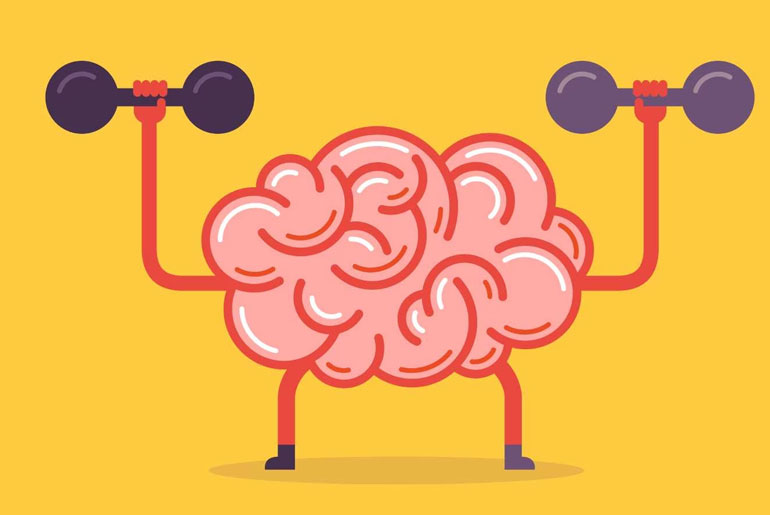Exercise not only contributes to a fitter body but also enhances memory and cognitive abilities. Physical activity has a direct impact on brain health by promoting the release of chemicals like neurotrophic factors, which support the growth and health of brain cells. Regular exercise improves blood flow to the brain, reduces inflammation, and stimulates the release of endorphins, which reduce stress and anxiety. These factors combined contribute to better cognitive function, memory retention, and overall mental well-being. In short, a physically active lifestyle is not only good for your body but also for your mind.
Exercise has long been recognized as a key factor in promoting physical health, but its benefits extend beyond the body. Research over the past few decades has demonstrated that regular physical activity can have a significant positive impact on memory and cognitive abilities. Here are some of the ways in which exercise enhances memory and cognitive function:
1. Improved Blood Flow:
Exercise increases blood flow throughout the body, including to the brain. This enhanced circulation delivers more oxygen and nutrients to brain cells, which can lead to improved cognitive function.
2. Neurogenesis:
Exercise has been shown to stimulate the growth of new neurons, a process known as neurogenesis. This occurs primarily in the hippocampus, a brain region critical for learning and memory. The new neurons can enhance cognitive function and help with memory formation.
3. Brain-Derived Neurotrophic Factor (BDNF):
Exercise has been linked to increased levels of BDNF, a protein that supports the growth, maintenance, and function of neurons. Higher BDNF levels are associated with improved memory and cognitive performance.
4. Stress Reduction:
Regular exercise can help reduce stress and anxiety. Chronic stress can impair memory and cognitive function, so exercise’s stress-reducing effects can indirectly enhance these functions.
5. Enhanced Sleep:
Physical activity can improve the quality and duration of sleep. Adequate sleep is essential for memory consolidation and overall cognitive function.
6. Executive Function:
Exercise has been shown to boost executive functions such as attention, decision-making, and problem-solving. This can lead to better performance in tasks that require cognitive control.
7. Mood and Motivation:
Exercise can elevate mood and motivation. A positive mood and higher motivation can lead to more efficient and effective cognitive processing.
8. Brain Connectivity:
Some research suggests that exercise can enhance brain connectivity by promoting the formation of new neural connections. This can help with information processing and memory consolidation.
9. Cognitive Reserve:
Regular exercise may contribute to building cognitive reserve, which is the brain’s ability to maintain optimal function in the face of aging or damage. This reserve can help protect against cognitive decline and improve memory retention.
10. Neuroprotection:
Exercise may have neuroprotective effects, reducing the risk of cognitive decline and neurodegenerative diseases such as Alzheimer’s and Parkinson’s.
The type, intensity, and duration of exercise needed to enhance cognitive function can vary from person to person. Aerobic exercises like running, swimming, and cycling have been particularly well-studied for their cognitive benefits. However, even low-impact activities like walking or yoga can be beneficial. Regularity and consistency are key, as the cognitive benefits of exercise tend to accumulate over time.
In conclusion, exercise is a powerful tool for enhancing memory and cognitive abilities. It offers numerous mechanisms through which it positively influences brain health, and incorporating regular physical activity into one’s routine can contribute to a sharper mind and a fitter body.
Disclaimer:
The information contained in this article is for educational and informational purposes only and is not intended as a health advice. We would ask you to consult a qualified professional or medical expert to gain additional knowledge before you choose to consume any product or perform any exercise.








